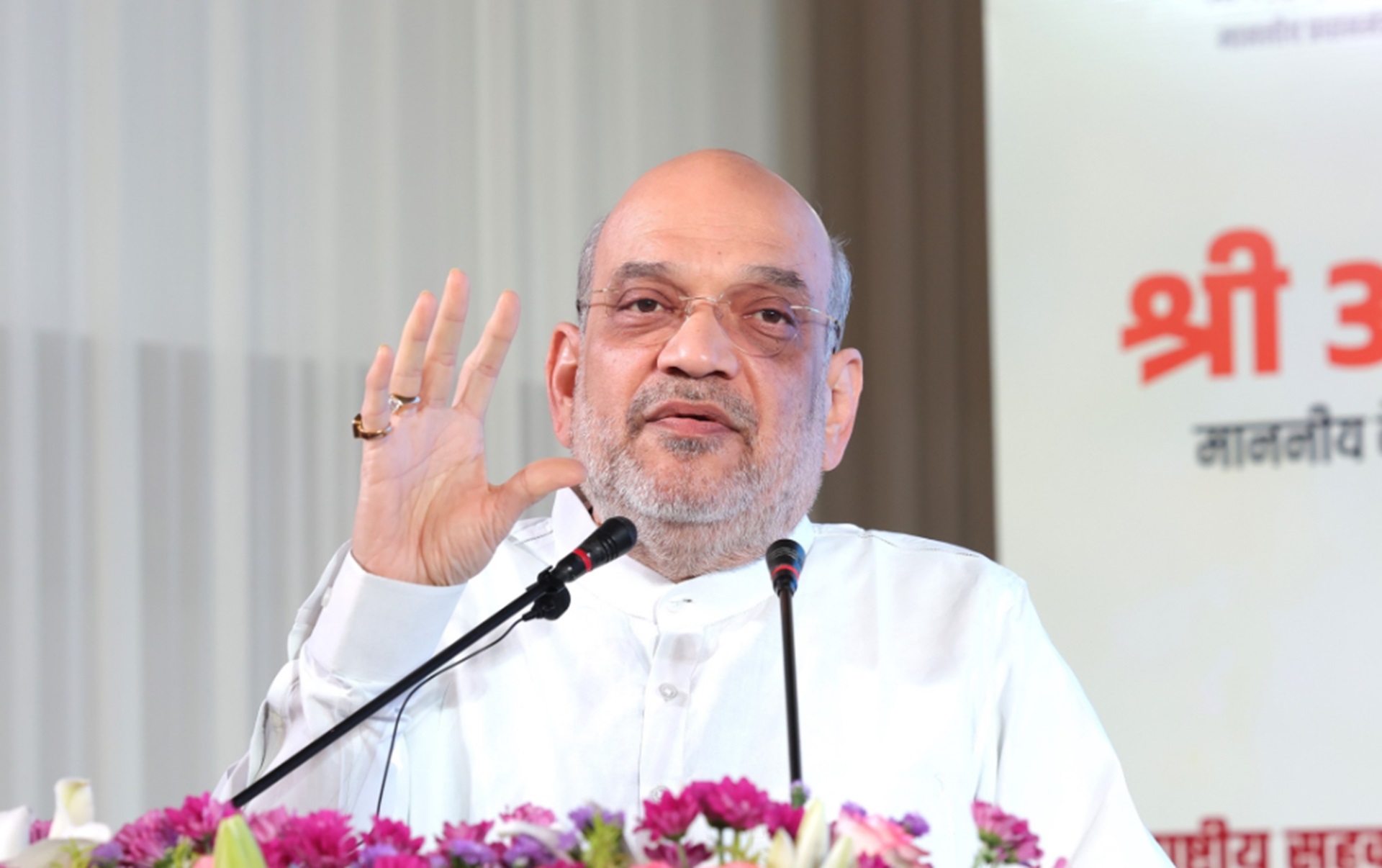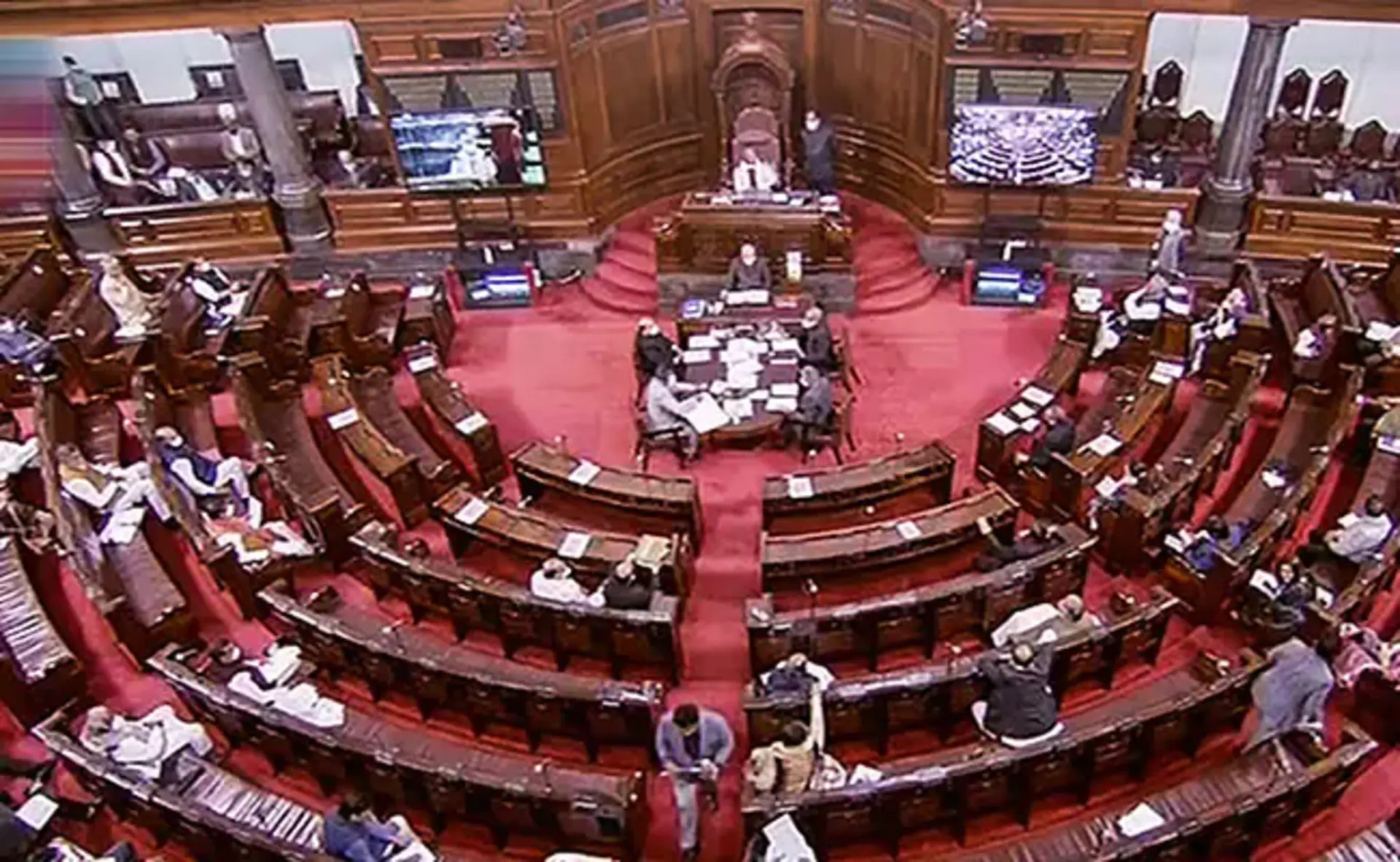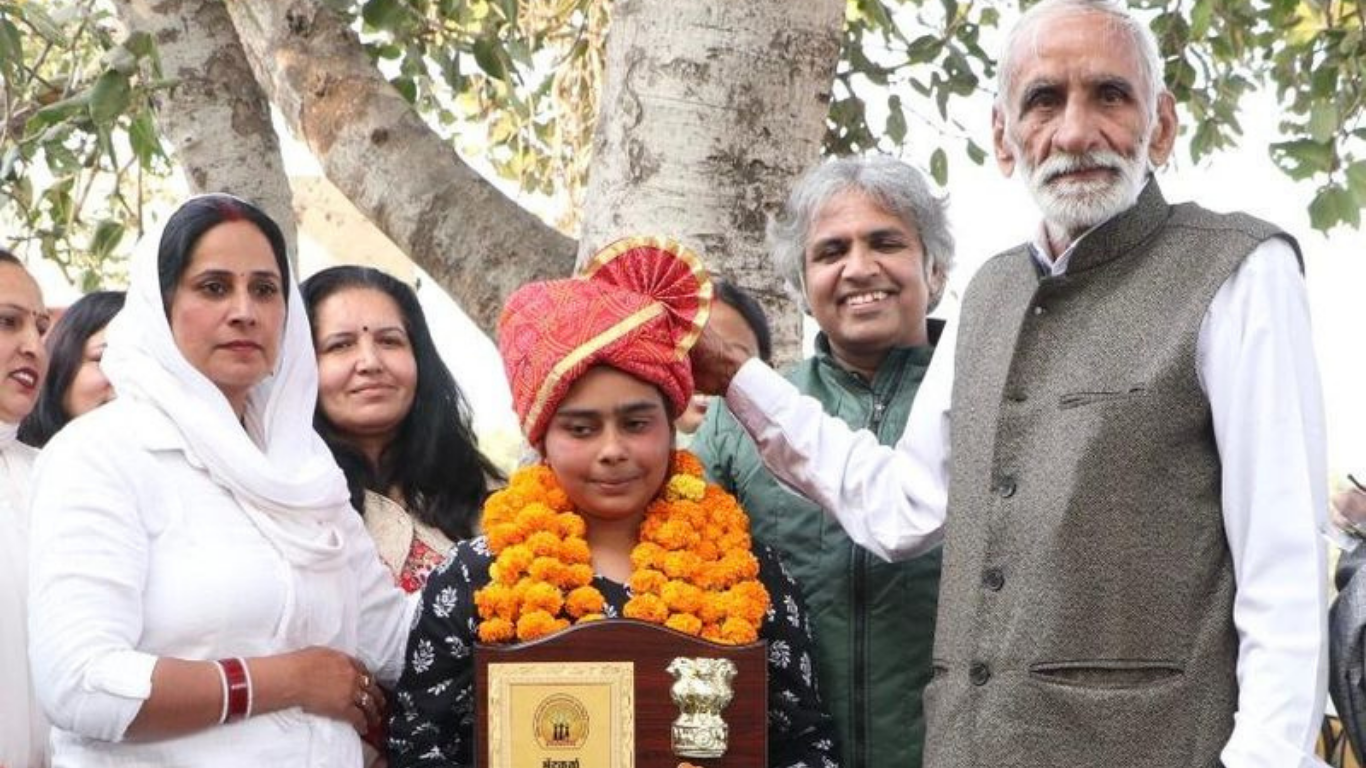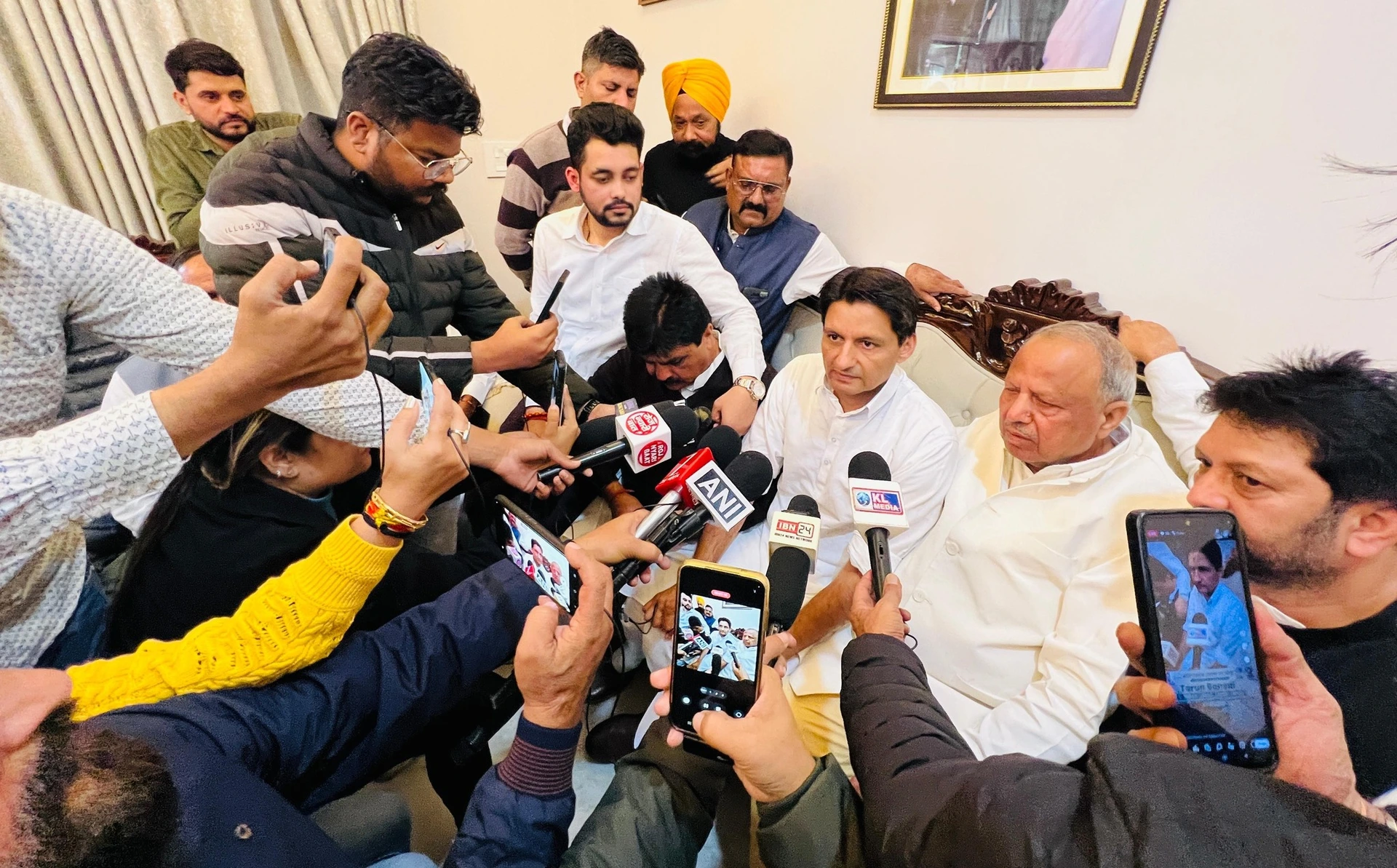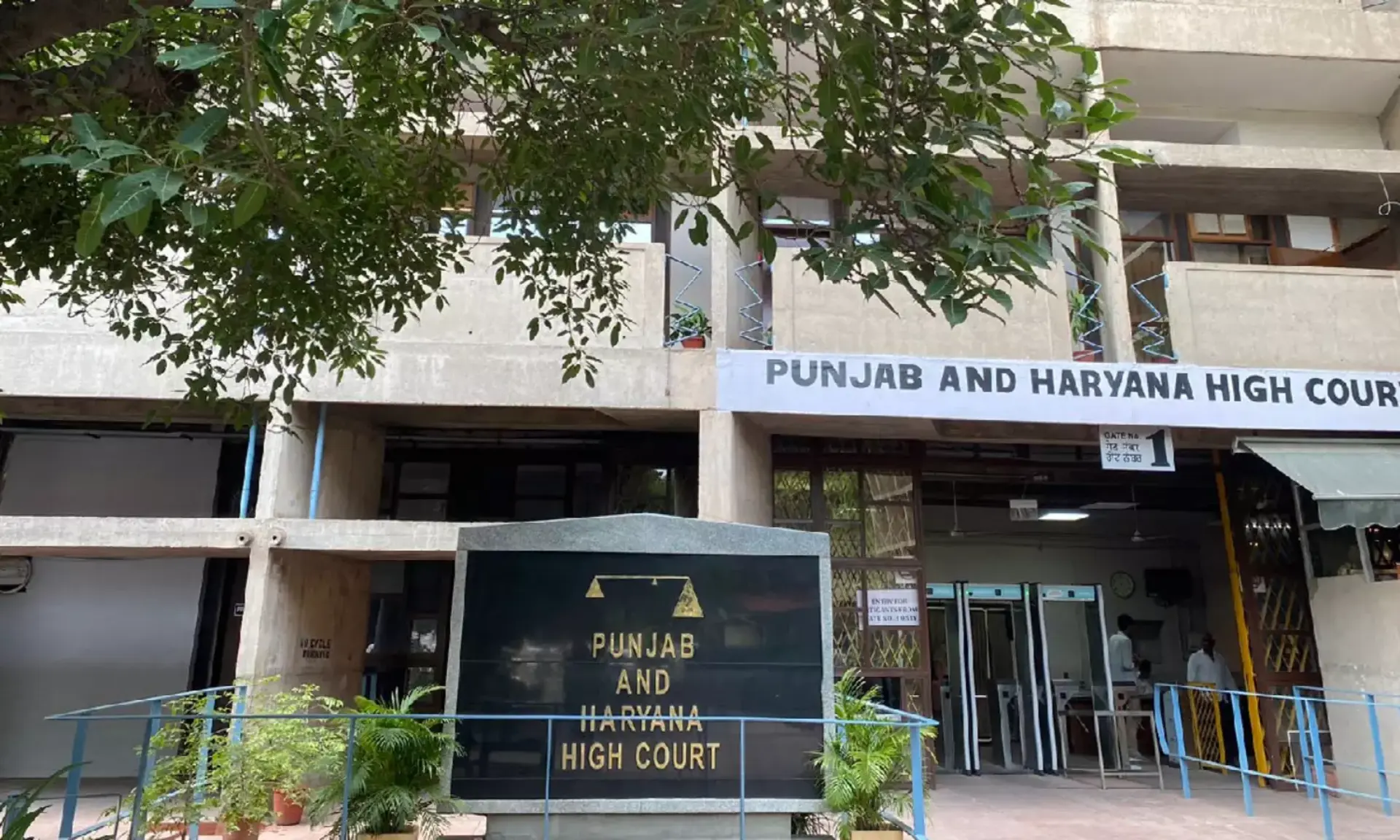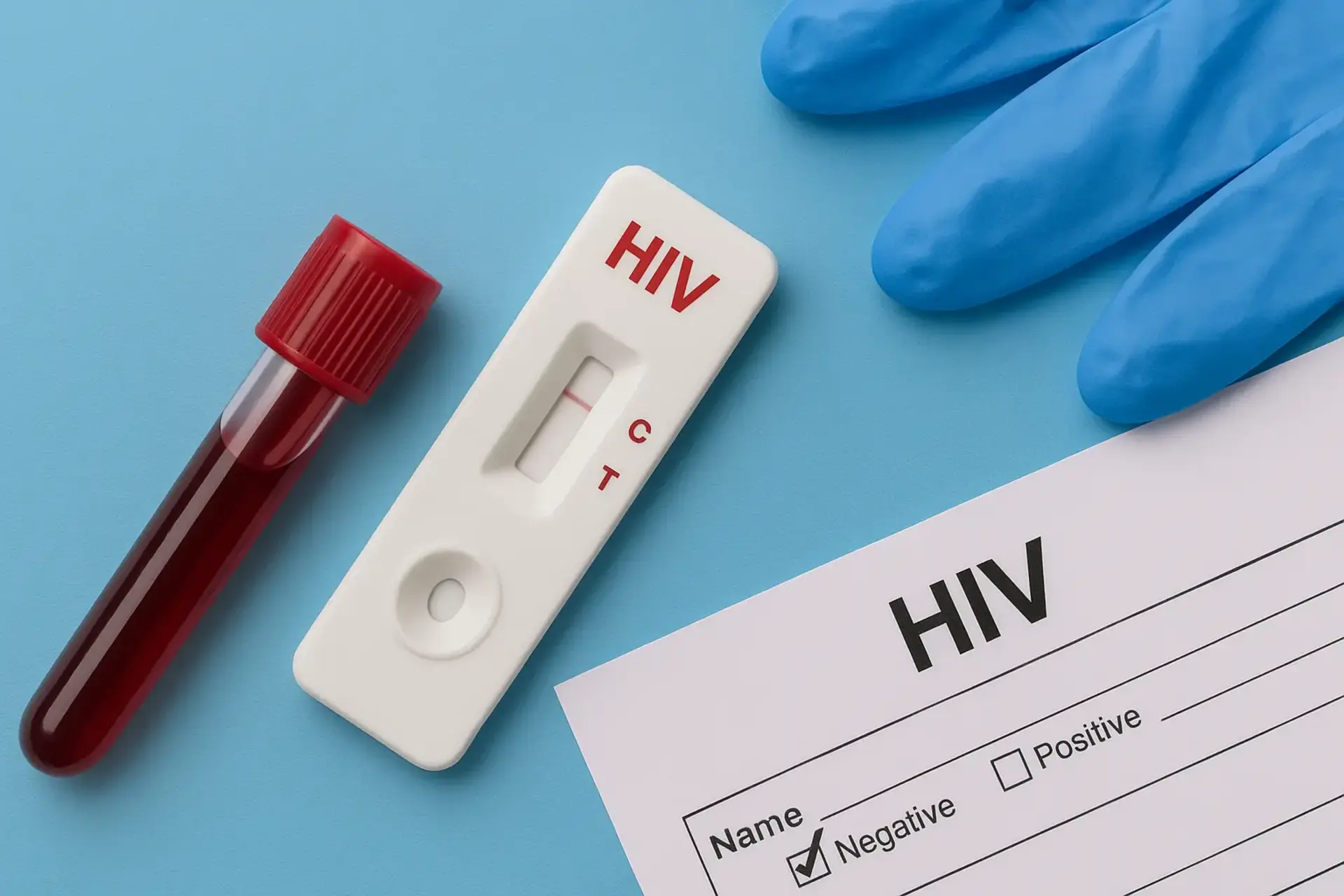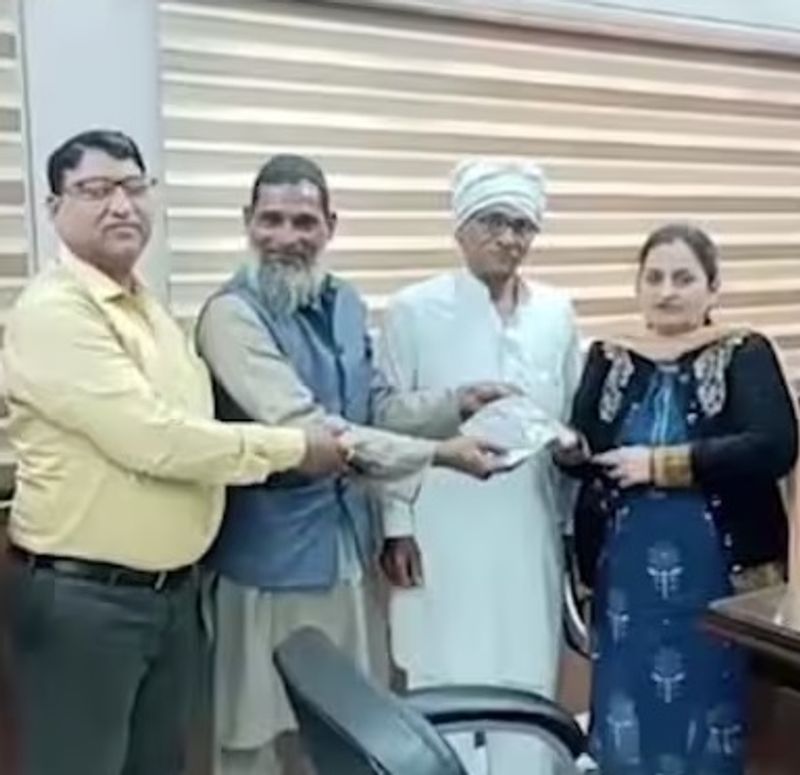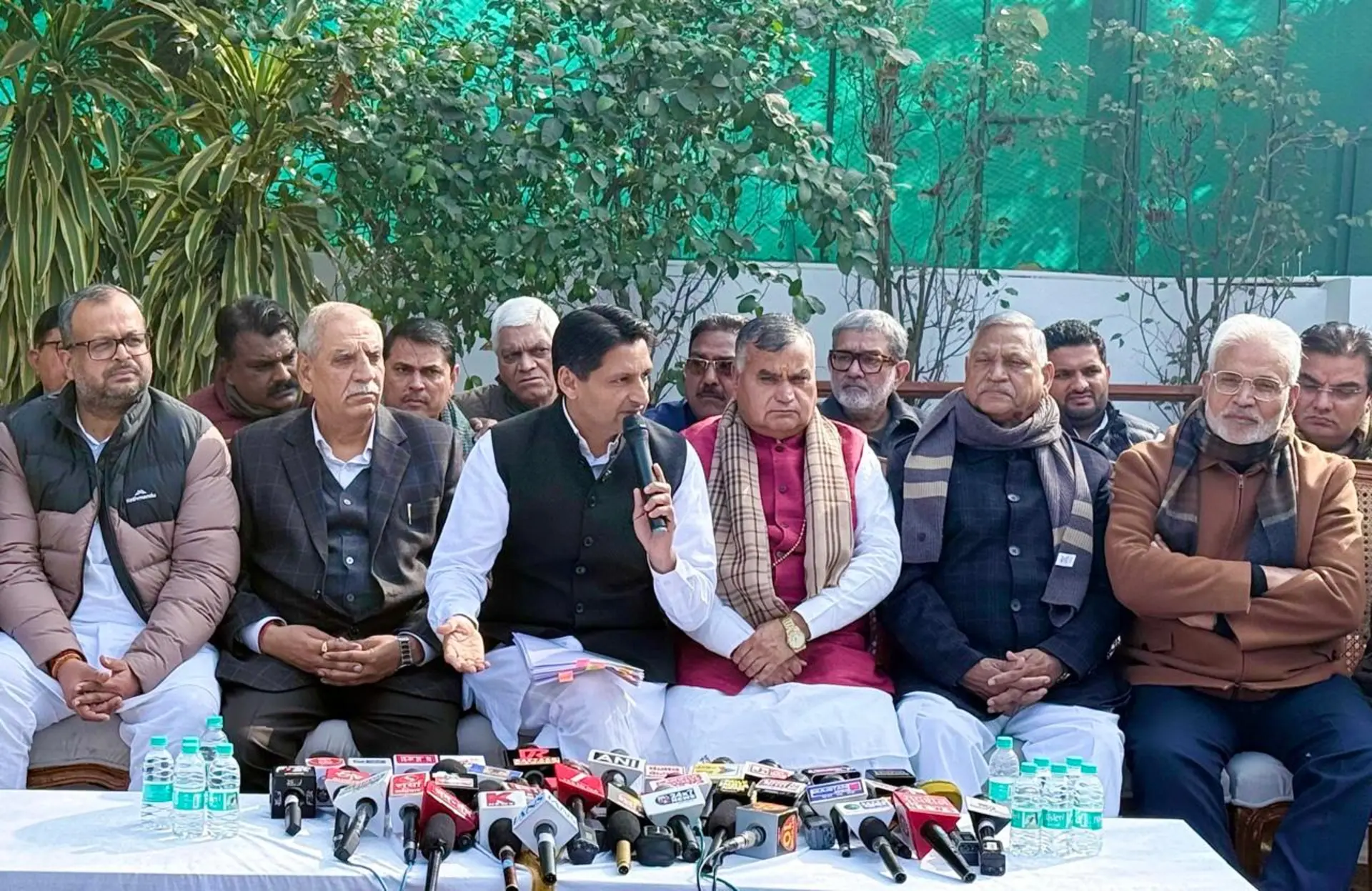
Days after the breakup of the BJP-JJP alliance in Haryana, Union Home Minister Amit Shah shed light on the reasons behind the split, emphasising that the parting was amicable. Speaking at a television channel event, Shah disclosed, "We parted on good terms. We couldn't meet their seat demands, so we decided not to have a pre-poll alliance."
Shah clarified that the disagreement stemmed from seat allocation issues, not from any internal conflicts or rifts. "We couldn't fulfill their demand for more seats, but we mutually agreed to go our separate ways without any bitterness," he added.
The decision to dissolve the alliance was primarily due to differing opinions on seat distribution, as Shah mentioned, "We had some differences in opinion regarding seat-sharing, which led to the breakup. However, both parties maintain a cordial relationship despite the split."
Regarding future prospects, Shah hinted at the possibility of reuniting post the assembly polls, saying, "We haven't discussed a post-poll scenario yet, but if the need arises, we are open to reconsidering our alliance."
Moreover, Shah praised former Haryana Chief Minister Manohar Lal Khattar, affirming his leadership qualities. "PM Narendra Modi has always admired Khattar ji as a competent leader capable of serving in various capacities, whether at the state level or at the Centre," Shah stated.
In response to Shah's comments, Dushyant Chautala, leader of JJP, expressed willingness to continue working with BJP if certain conditions were met. "We were willing to compromise and offer 10 seats, but our demand for increasing the old-age pension to ₹5100 in Haryana wasn't accepted," Chautala revealed.
The split between BJP and JJP came abruptly on March 12, with Manohar Lal Khattar resigning as Chief Minister shortly after. Following discussions among party members, Nayab Singh Saini was elected as the new leader and subsequently formed the government.
Overall, while the alliance between BJP and JJP may have ended, both parties maintain mutual respect and leave room for future collaborations, depending on electoral outcomes and prevailing circumstances.



